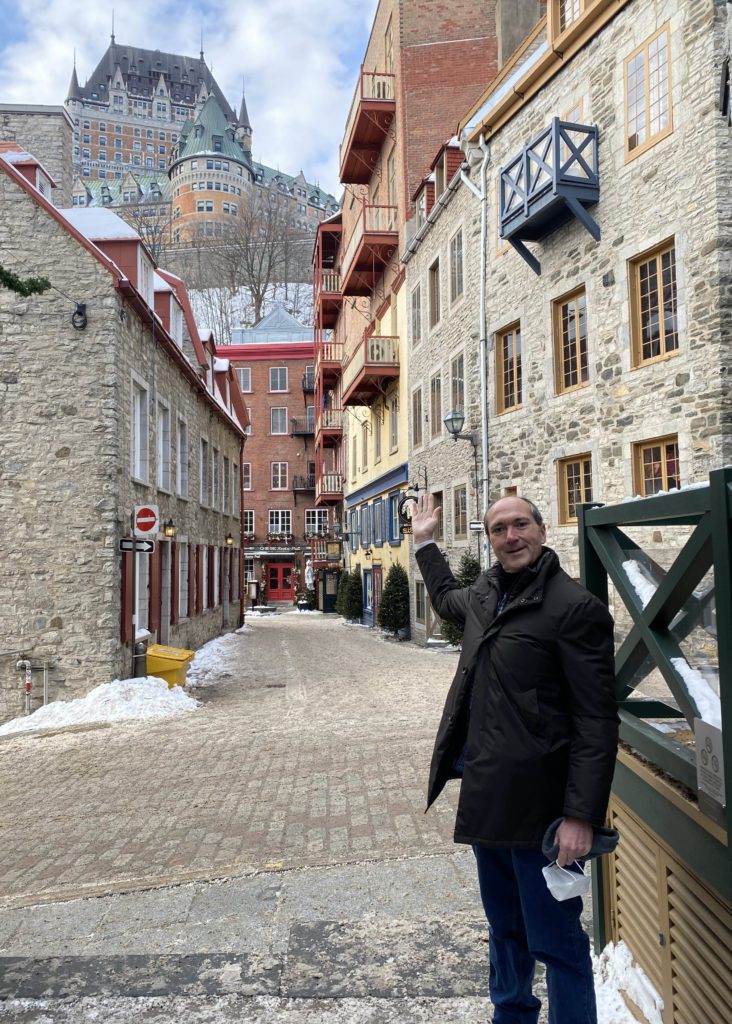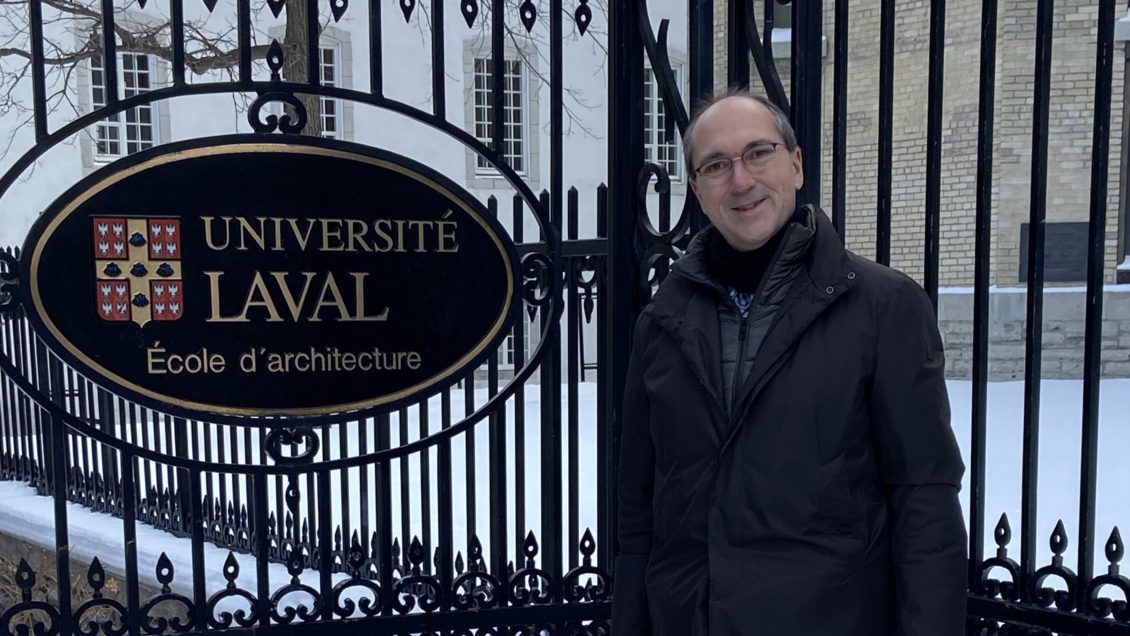A Clemson University faculty member has earned a Fulbright Scholar Award and is serving as the 2021-2022 Canada Research Chair in Global Governance at the Balsillie School of International Affairs in Waterloo, Ontario.
William Haller, associate professor in the Clemson University Department of Sociology, Anthropology and Criminal Justice, began his term as research chair at the Balsillie School of International Affairs in September 2021. He will conclude his term in summer 2022.
Haller is studying the differences in the evolution of socio-political cultures in Canada, Spain and the U.S. to better understand their differences in immigrant integration.
“The U.S. has had significant anti-immigrant political backlash in recent years, whereas Canada and Spain have not,” Haller said. “Research and education progress by looking both inwardly and outwardly, so this research follows a long-established tradition of cross-national comparisons, which we can use to learn a great deal about the three countries we are examining.”
Haller has published comparative-historical research on transnational migration patterns among migrant-sending countries such as Mexico, the Dominican Republic and the Philippines. However, his current research in Canada is more deeply rooted historically. It focuses on historical political legacies, public opinion shifts and public policy outcomes as contexts for the more standard individual-level outcomes ordinarily examined by sociologists, such as educational attainment, occupational prestige and socioeconomic class.
Haller said this research is important to him as a scholar and a U.S. citizen because he has found much of the negative perceptions and politics of immigration in the U.S. to be largely misplaced. His opinions and perspective on the topic were shaped by his time in academia.

Haller said the more he learned from contributing to the research literature, the more he came to view immigrants’ struggles as parallel to the struggles of many of his immigrant ancestors when they arrived in the U.S. in the 19th century.
He said immigrants in any country are, at least initially, external to domestic political processes and thus vulnerable to scapegoating for political gain. Haller said there has always been a segment of the U.S. population receptive to such messages, and scholars have seen this happen in Canada and several European countries, as well.
“There have been positive and negative aspects of U.S. immigration across my lifetime, but years of study and research have consistently shown me that most immigrants are fairly normal people who simply want to do their jobs well and set themselves and their children up for a better future,” Haller said.

A key difficulty in cross-national comparative research is identifying and assessing the relevant similarities and differences in each country to control for potential confounders. Addressing this takes thoroughness, or the large amount of “sifting and winnowing” that is a characteristic of comparative research.
Haller is spending most of his time doing research at the Balsillie School, making progress on a book project. During the winter holiday he and his wife enjoyed some limited travel in Quebec in accordance with Canada’s COVID-19 public health measures.
Haller will be back at Clemson for the fall semester with exciting research results and stories to share about the importance of travel to lifelong learning.
“An appreciation I really try to instill in my students is the value of integrating travel experiences, especially cross-cultural ones, into lifelong learning and career development,” Haller said. “I want my students to understand that no matter their background, nationality, religion, race, gender or sexual orientation, a Clemson education can provide an excellent springboard for careers that can be creative, fulfilling and meaningful while striving to make the world a better place.”
The Department of Sociology, Anthropology and Criminal Justice is part of the University’s College of Behavioral, Social and Health Sciences (CBSHS). Established in July 2016, CBSHS is a 21st-century, land-grant college that combines work in seven disciplines – Communication; Nursing; Parks, Recreation and Tourism Management; Political Science; Psychology; Public Health Sciences; and Sociology, Anthropology and Criminal Justice – to further its mission in “building people and communities” in South Carolina and beyond.
Get in touch and we will connect you with the author or another expert.
Or email us at news@clemson.edu

